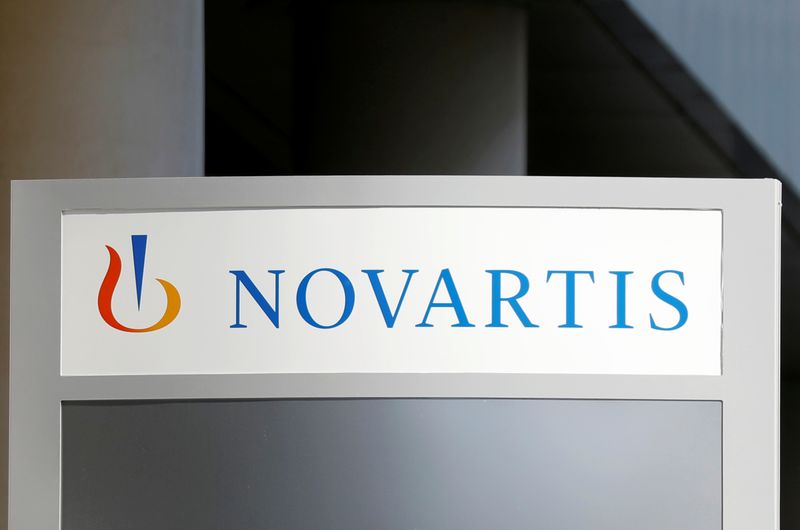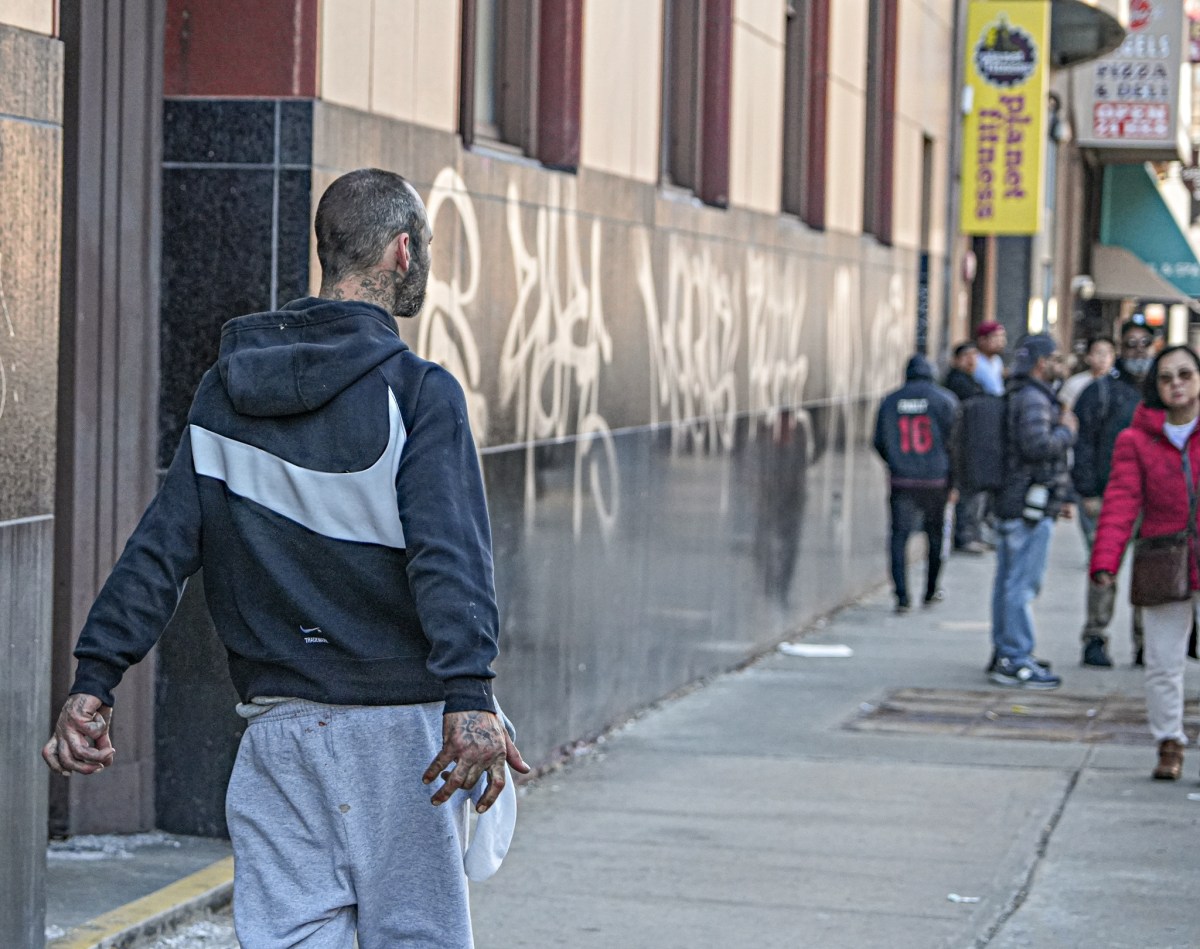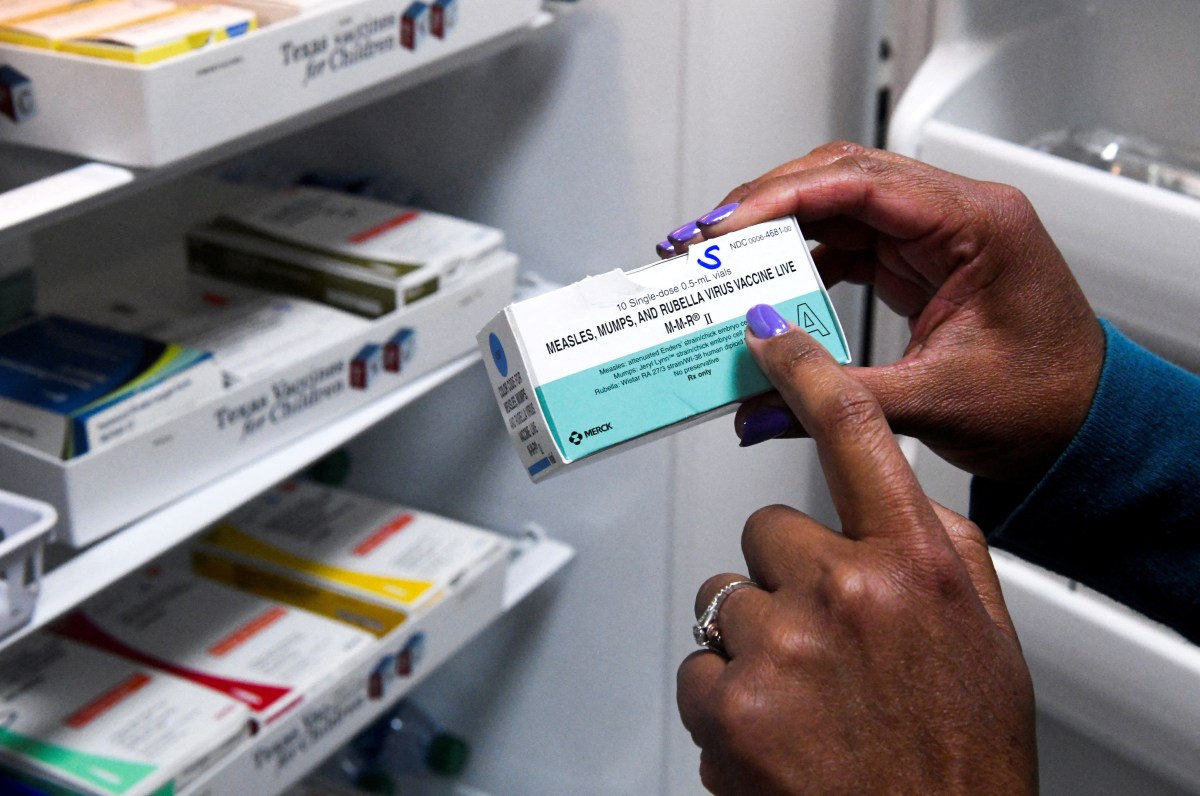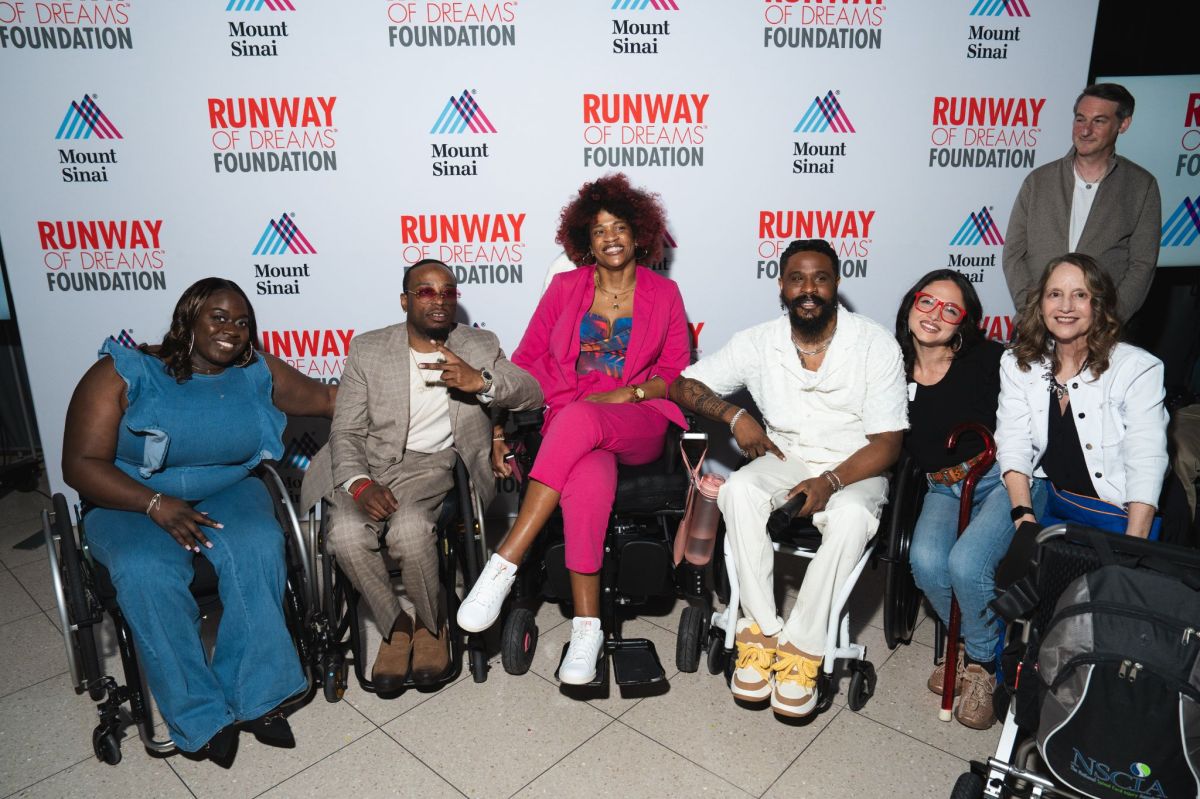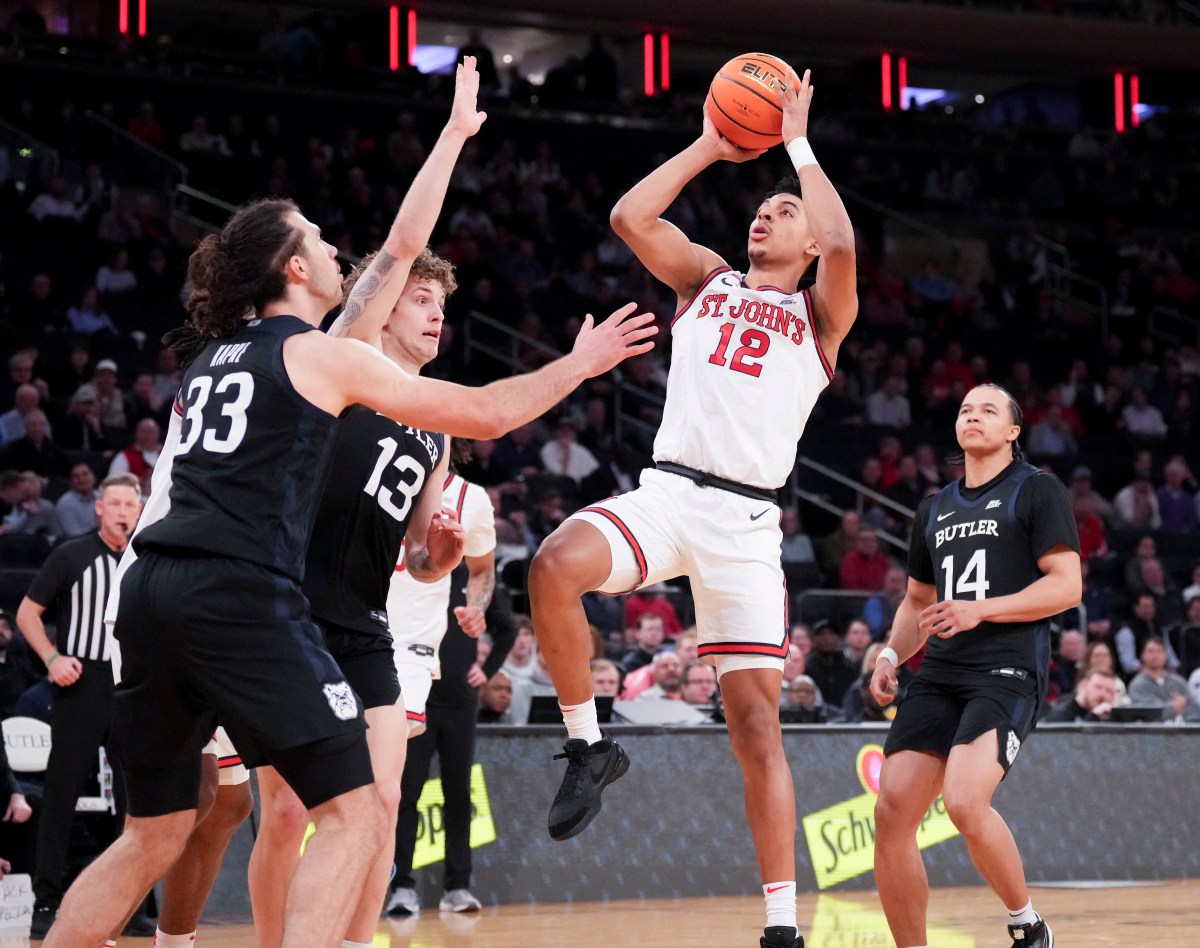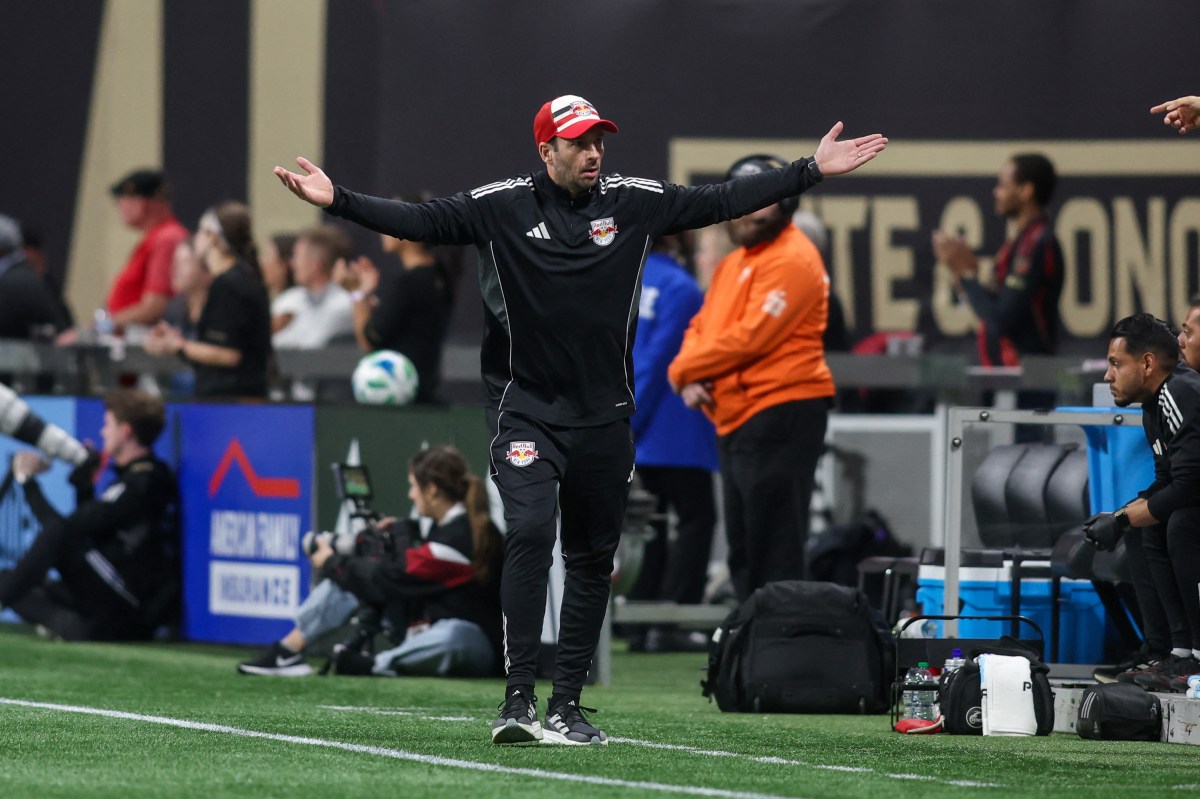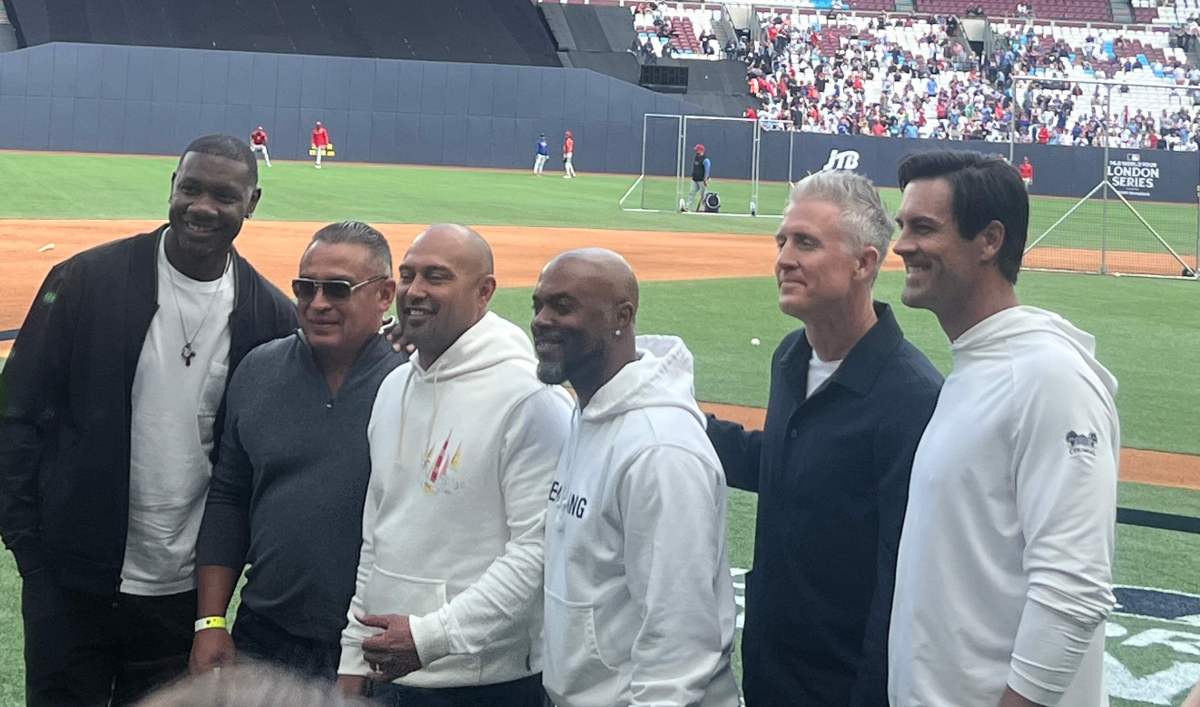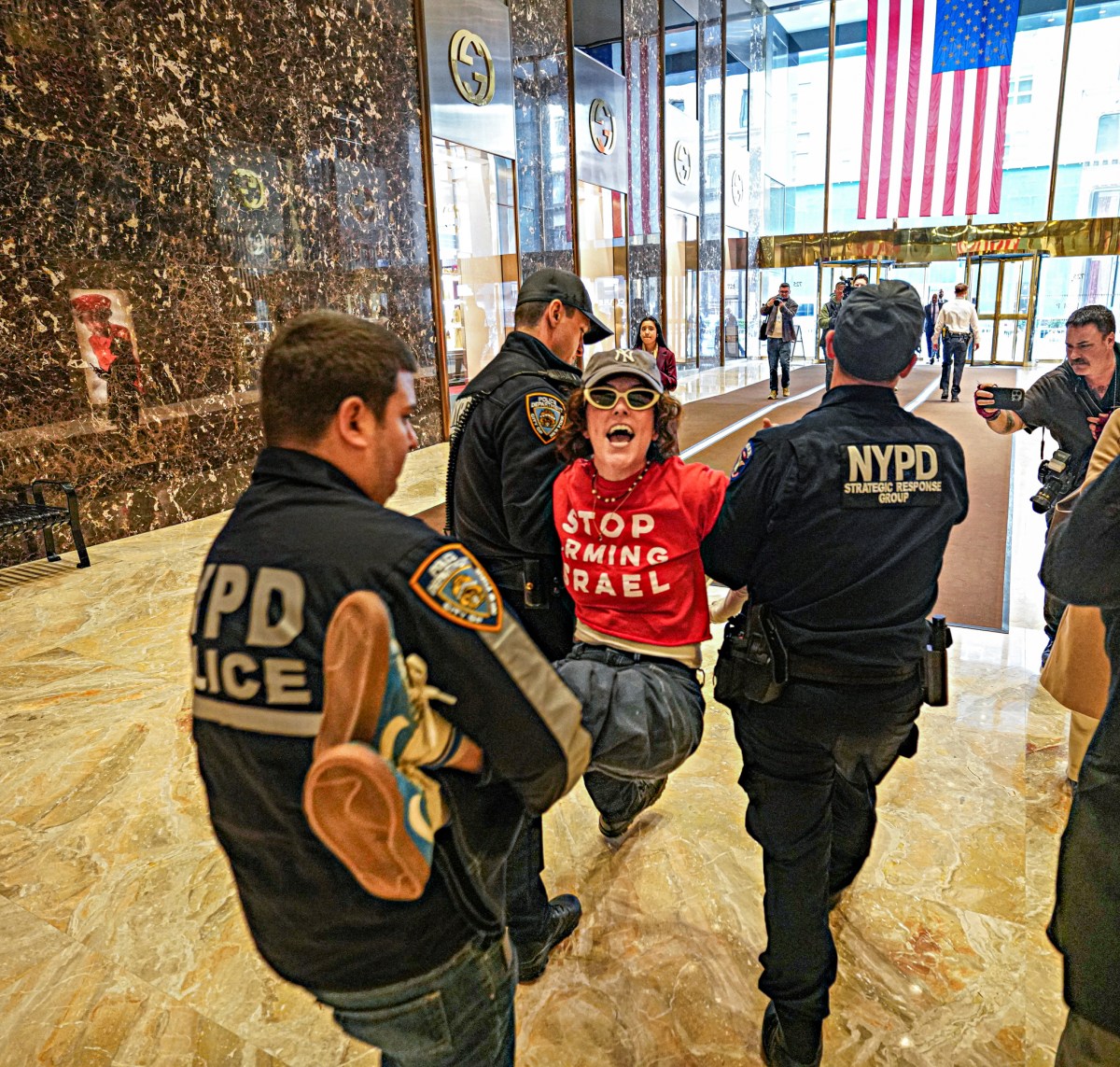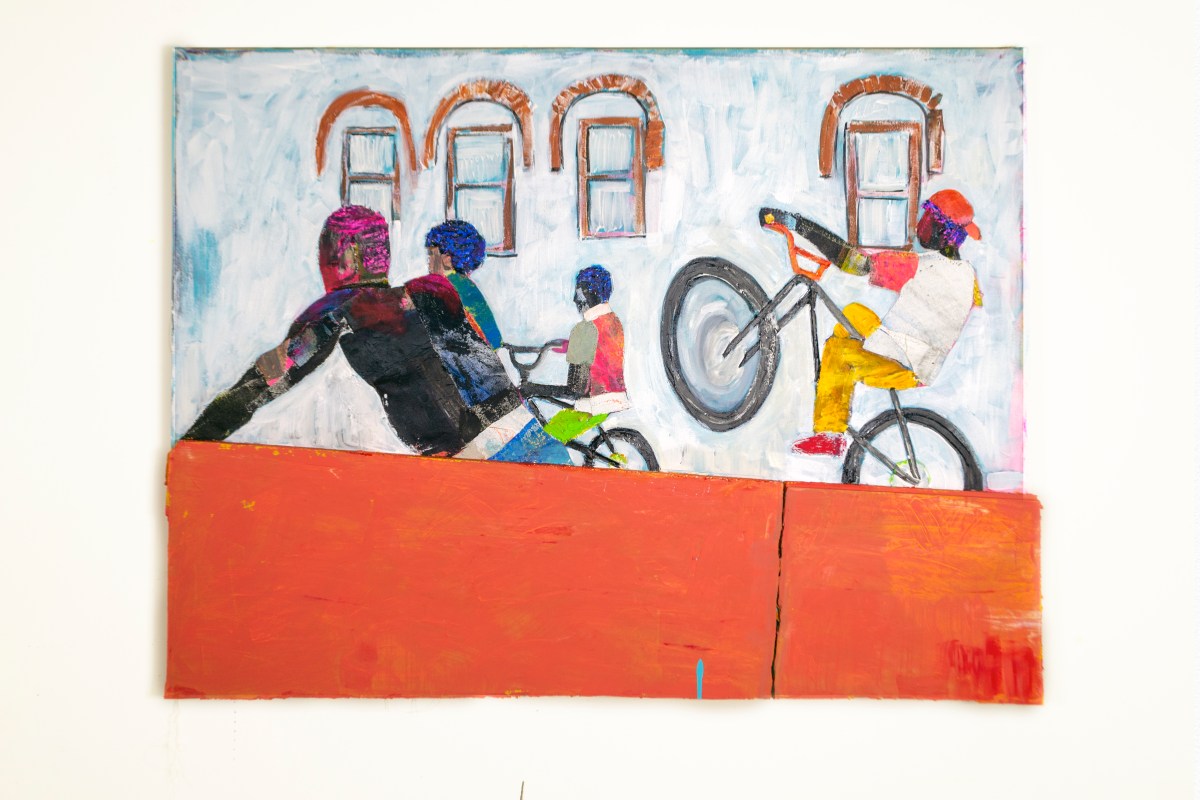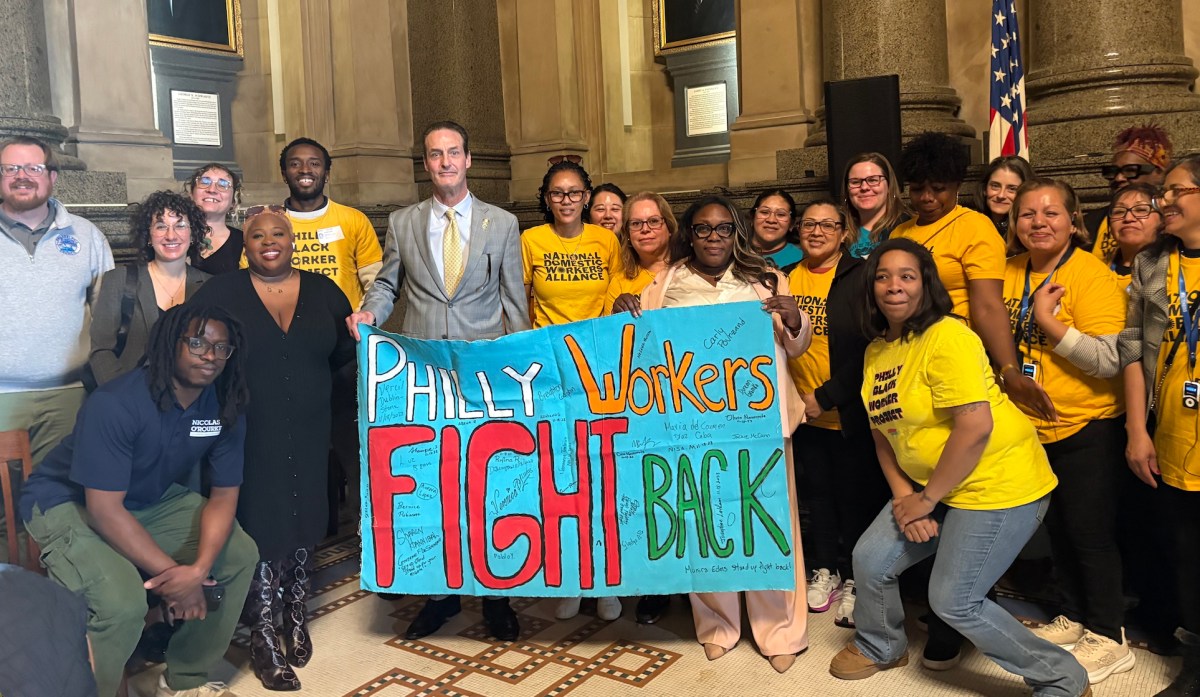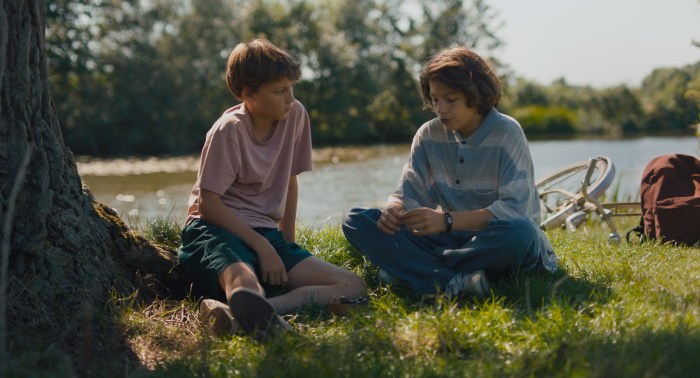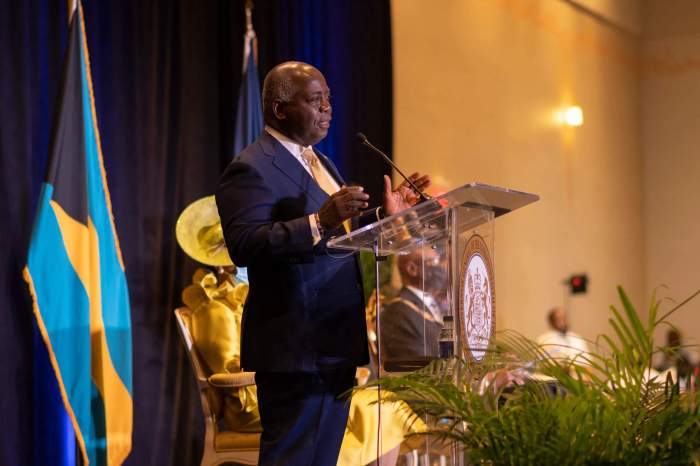ZURICH (Reuters) – Novartis’s Beovu matched Regeneron’s Eylea in vision clarity scores for a blindness-causing eye disease, the Swiss drugmaker said on Monday, after early safety stumbles for the medicine in another condition caused disappointing early sales.
In addition to proving non-inferior to Eylea in visual acuity in diabetic macular edema (DME) patients after a year of treatment, Novartis also underscored Beovu’s less-frequent dosing. More than half of those who got Beovu stayed on a once-every-three-months dosing schedule, it said in a statement, with Eylea patients dosed every two months.
Novartis said it will assess next steps in getting approval for Beovu in DME.
“This data confirms our strong belief in Beovu as a potential therapy for DME patients,” said Dirk Sauer, who leads Novartis Pharma Ophthalmology’s drug development.
Beovu was approved in February for age-related macular degeneration, another blindness causing condition, but Novartis was forced just weeks later to launch an external safety review after the American Society of Retinal Specialists (ASRS) raised concerns about rare cases of sight-threatening retinal vasculitis or retinal vascular occlusion.
While Beovu remains on sale and Novartis has promoted its favourable risk-benefit profile, the European Medicines Agency on Monday followed U.S. regulators in updating its safety label to include a special warning urging patients that experience such inflammatory events to discontinue use.
Novartis, whose Chief Financial Officer Harry Kirsch in July said the sluggish Beovu launch was among factors that weighed on sales growth, is continuing to examine the cause of such adverse events, and how best to treat them when they arise.
(Reporting by John Miller; editing by Thomas Seythal)

